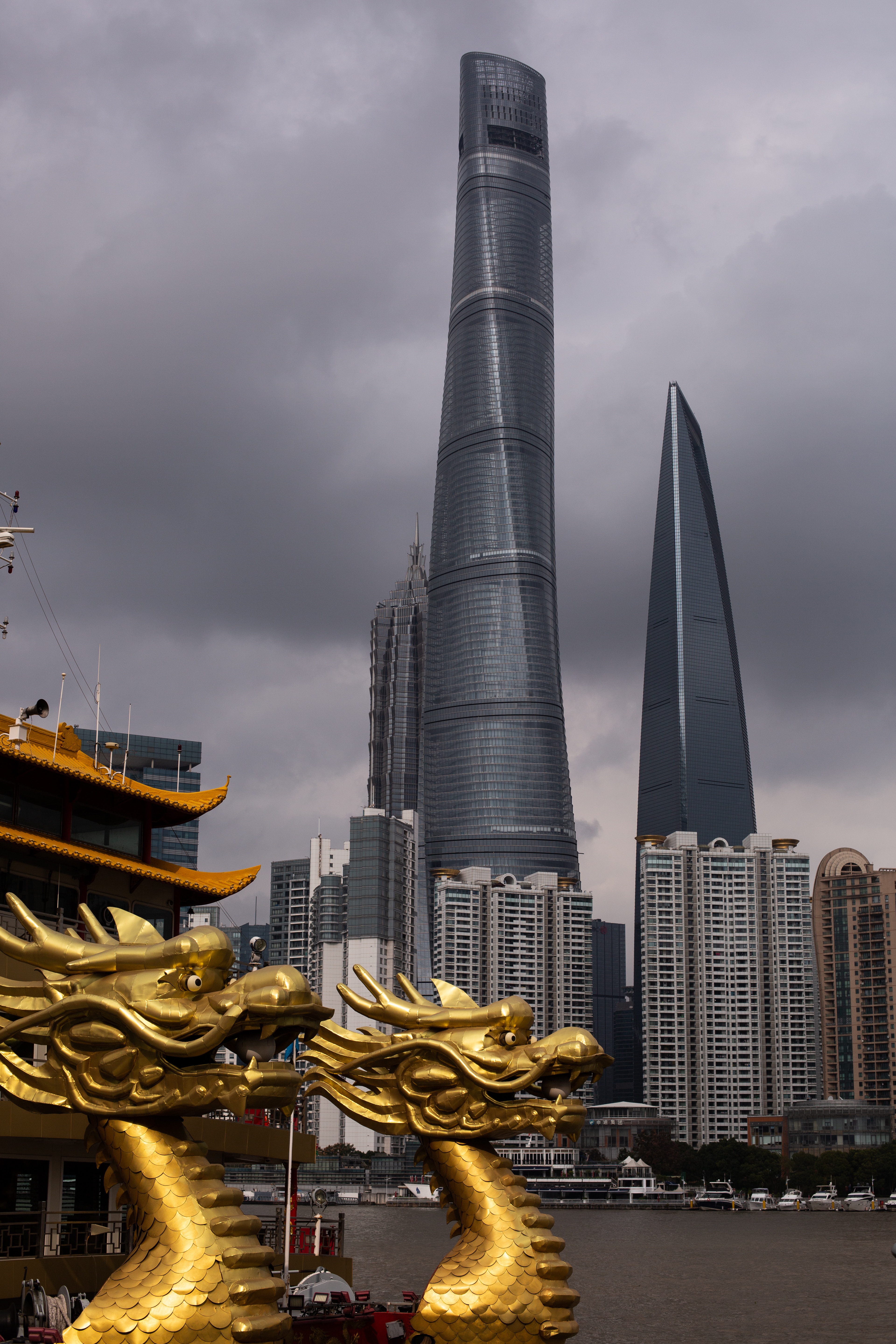Photo by Sam Balye on Unsplash
The USA and China have agreed to set up working groups to discuss specific issues, with at the same time President Biden issuing carefully targeted curbs on US firms investing in Chinese tech companies. This twin-track approach should be seen as a sensible and practical development.
Western nations have struggled to establish a coherent strategy regarding relations with China over many years. In 2021 Belgian MEP Hilde Vautmans (and China Rapporteur) neatly summarised the dilemma: “Whilst China is an important trading partner, it is also a systemic rival that poses a challenge to our way of life and the liberal world order.” The challenge for Governments is how to recognise both at the same time.
Former UK PM David Cameron chose the trade benefits side of the argument, highlighting that the UK had signed almost £40 billion worth of deals with China “creating thousands of jobs and make Britain Beijing’s partner of choice”. Trade and investment could benefit from a “golden era” in their bilateral relations, he added.
In 2022 Boris Johnson tried a similar policy of closer economic ties with China by re-opening frozen trade talks. Tory chairman of the Commons Foreign Affairs committee Tom Tugendhat was unimpressed, saying: “The U.K. needs to make up its mind whether it wants a stronger economic relationship with China or whether it wants a new China strategy which reflects the challenge of trade coercion and human rights abuses.”
This was suddenly put into a fresh perspective following advice from the US National Cyber Security Centre, leading to Chinese company Huawei being removed from the UK’s 5G networks by the end of 2027. New Prime Minister Rishi Sunak said in his first major foreign policy speech: “Let’s be clear, the so-called golden era is over.” China “represents a challenge to the world order” which the UK must take seriously, he added. Tough words, but totally devoid of content as we have sadly come to expect from him. The Intelligence and Security Committee now reports that China has managed to “successfully penetrate every sector of the UK’s economy” while confirming the Government has no strategy to deal with it.
Liz Truss determined the UK just had to be tough. She pronounced: “China is a threat. The only choice we have is do we appease and accommodate that strategy, or do we take action now?”
Like Truss, President Trump always preferred simplistic soundbites to considered policy. His decision to impose blanket trade sanctions on China in 2018 had an immediate negative impact on American businesses with the loss of 245,000 jobs. A study by Oxford Economics forecast a decline in US GDP of $1.6 trillion over the following five years. “With China forecast to drive around one-third of global growth over the next decade, maintaining market access to China is increasingly essential for U.S. businesses’ global success,” the study concluded. I suspect the President never read the report.
Nonetheless, confident as always in his own superior wisdom, Trump said that if re-elected he would give China 48 hours to exit from an alleged spy facility on Cuba. What if they don’t?
Republican Presidential candidate Ron de Santis has proposed further folly, to expel China from the World Trade Organisation currently giving it favoured nation status. Presumably China is supposed to lie down meekly and not retaliate?
China is the world’s largest polluter, followed by the USA. Both countries need to engage with each other constructively on such issues if halting climate change is to succeed. We have had enough of gesture politics. We need politicians to get real.
Henry Kissinger met the challenge in his day. Fortunately today so has US Treasury Secretary Janet Yellen, who recently met China’s leadership in Beijing. Yellen admitted the US and China had significant disagreements that needed to be communicated clearly and directly but noted that the Biden administration did not view US-China relations “through the frame of great power conflict.”
Importantly she added: “We believe that the world is big enough for both of our countries to thrive. Both nations have an obligation to responsibly manage this relationship: to find a way to live together and share in global prosperity.”
Her final message was that the United States was not seeking to de-couple from China, which would be “disastrous for both countries”.
Germany, whose largest trading partner is China, rapidly followed suit producing a cross-party report to de-risk relations with China rather than de-couple. Foreign Minister Annalena Baerbok commented: “Germany has changed and so we have to change our China Policy too.”
The Yellen (and Biden) doctrine is balanced and firm. It recognises the reality that countries need to establish ways of addressing common issues collectively without backsliding on their own competing core principles. The UK Government may have forgotten how to lead – but could usefully remember how to follow.




